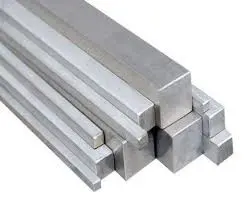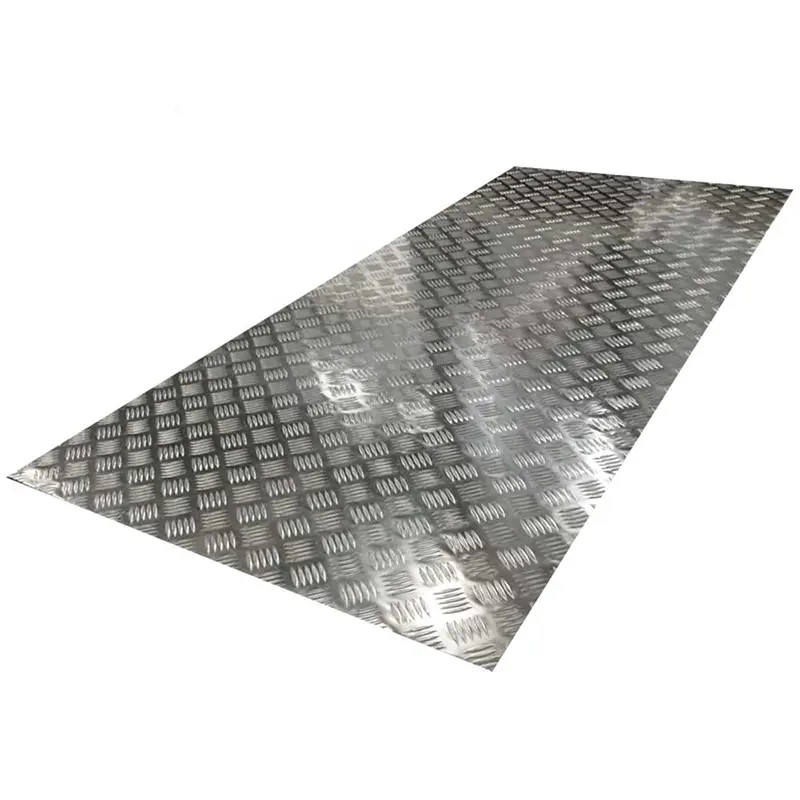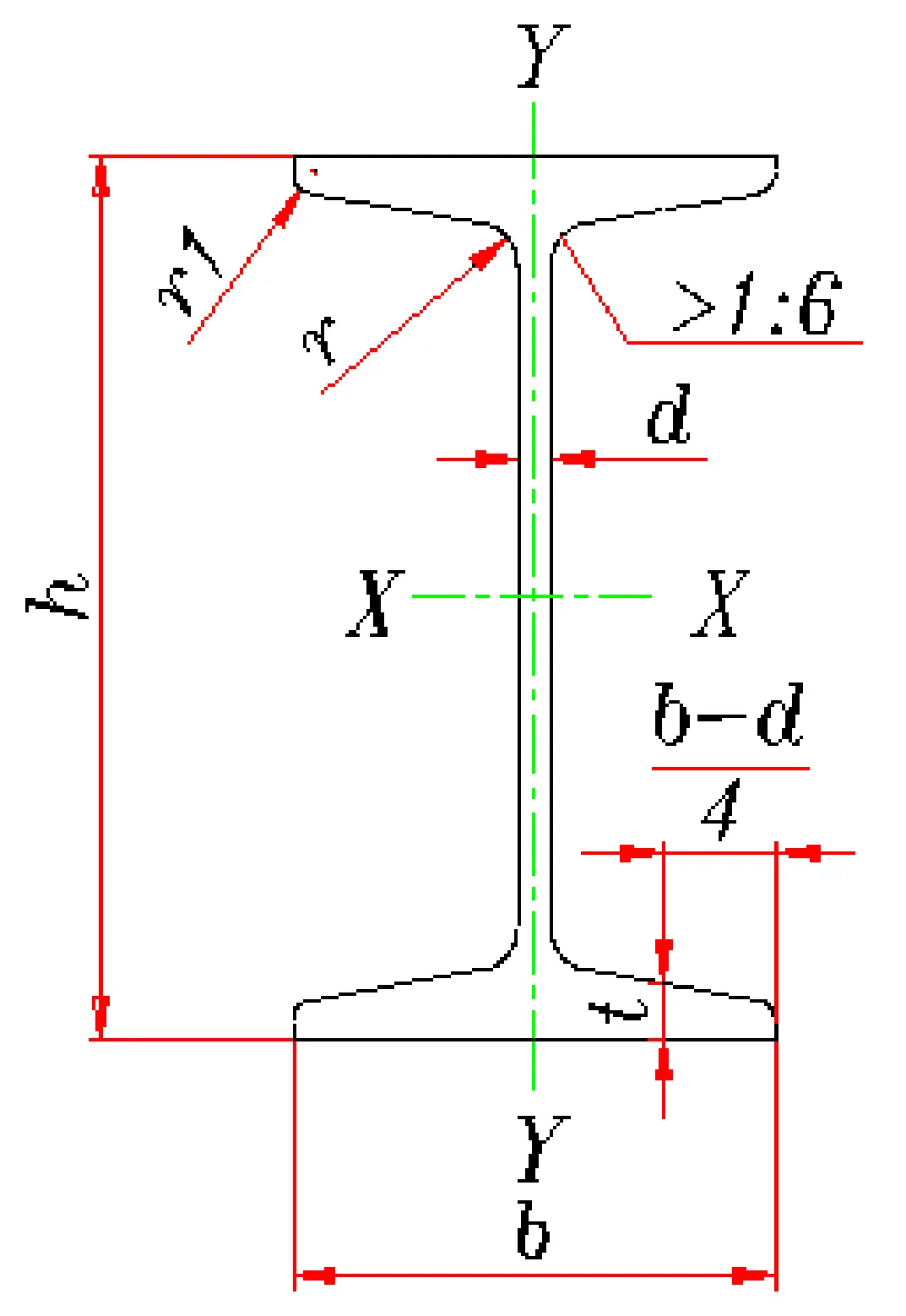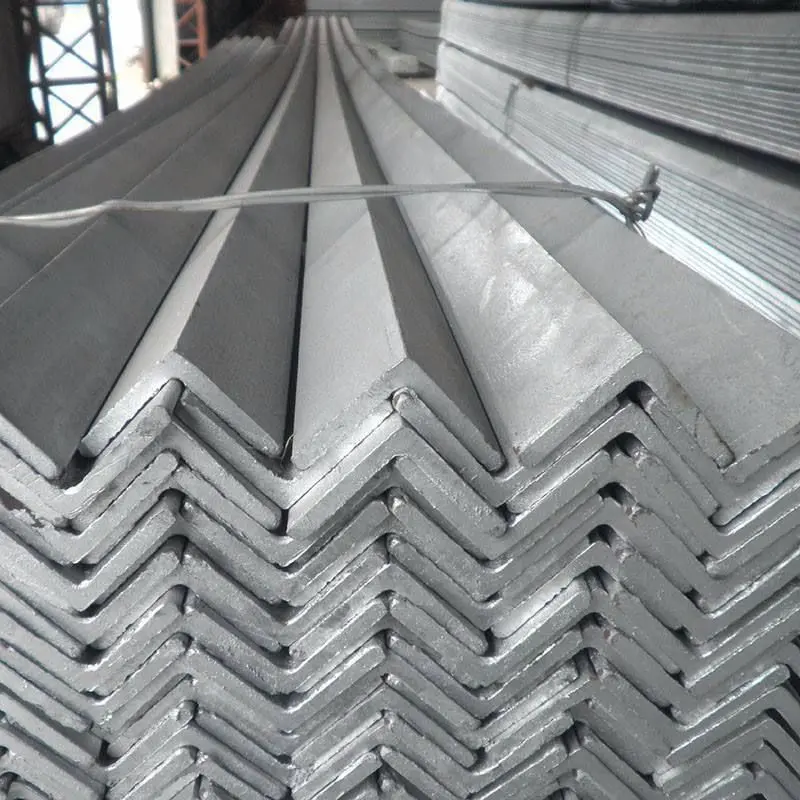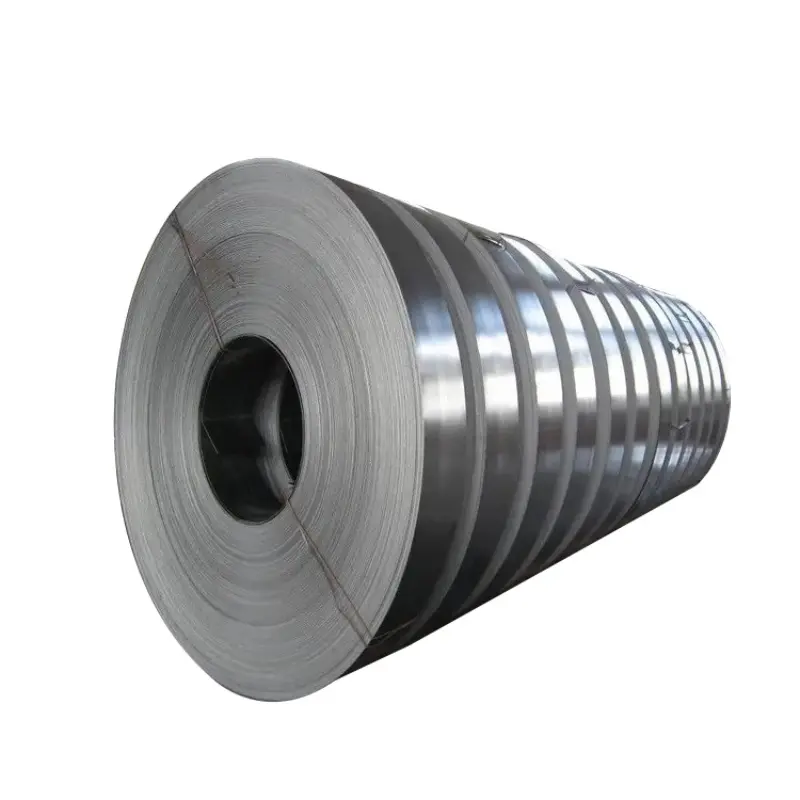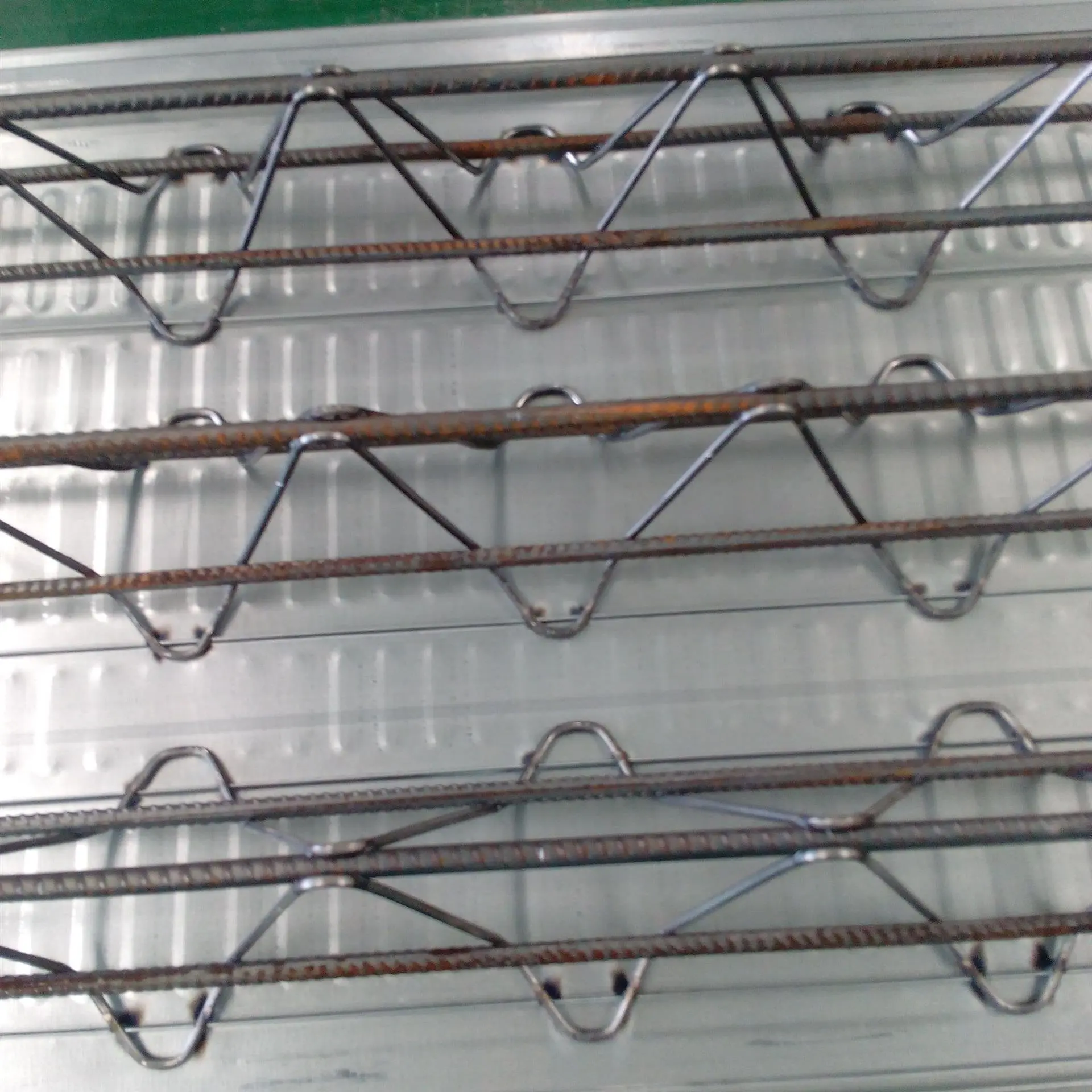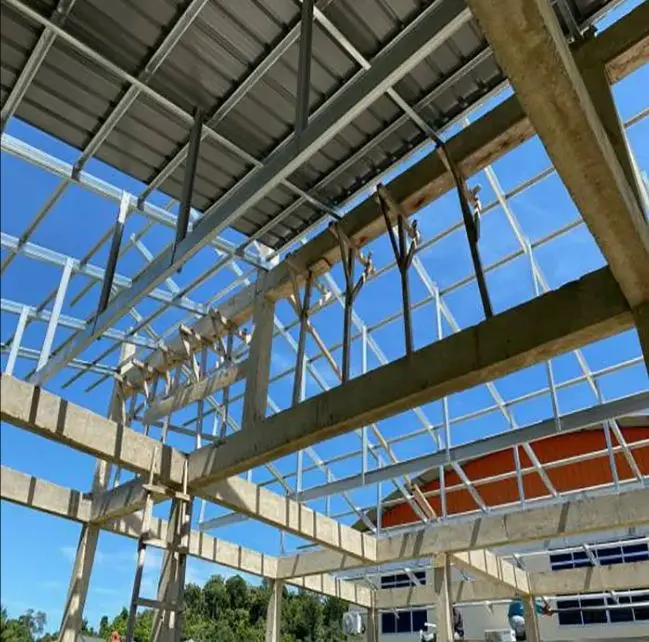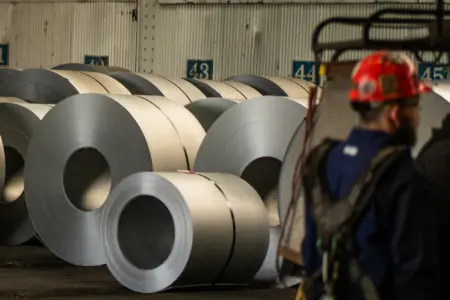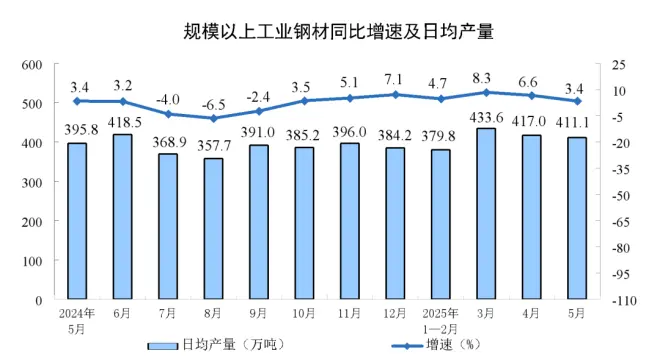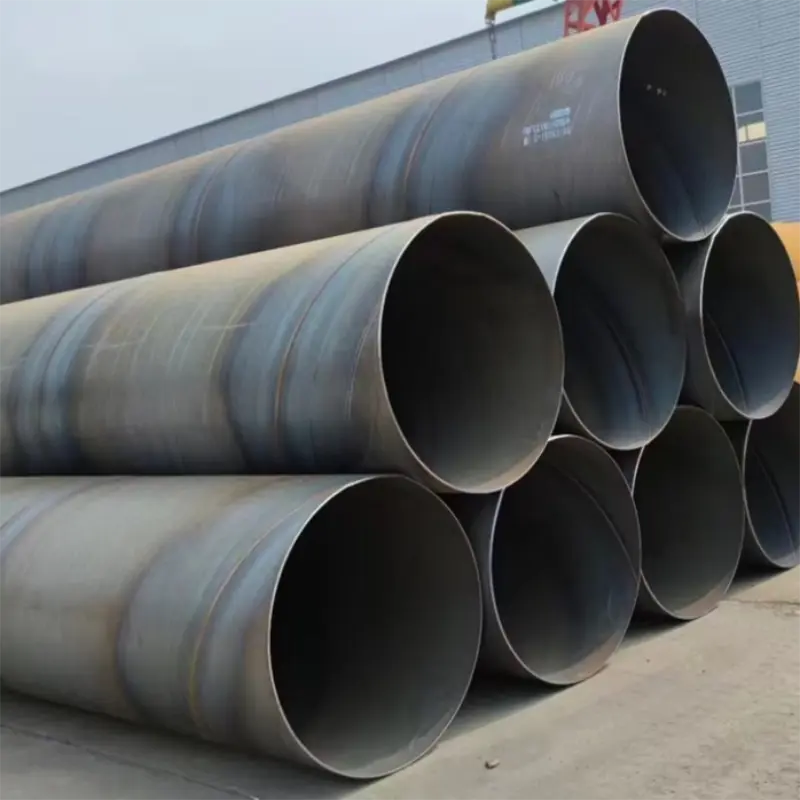Understanding Steel Rebar Grades, Materials, and Their Applications
Steel reinforcement bars, commonly known as Rebar, are a critical component in modern construction, providing tensile strength to concrete structures.
Engineers and builders rely on different grades and materials of rebar to ensure durability and safety in various projects. This article explores the common types of rebar, their material compositions, and their applications in the construction industry.
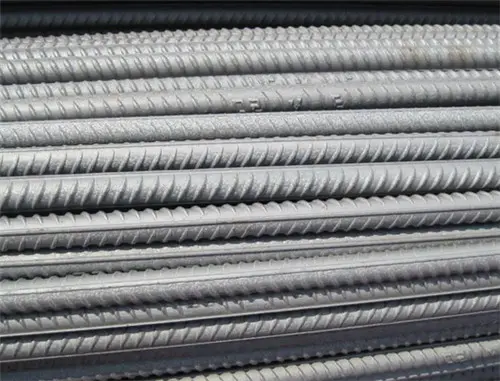
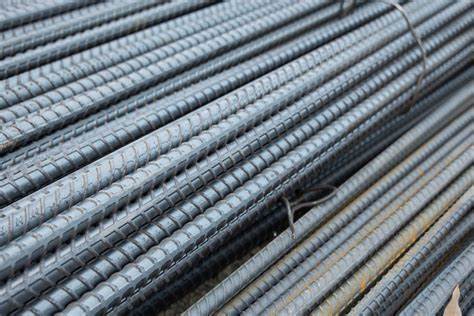
Common Grades of Steel Rebar
Rebar is classified by grade, which indicates its yield strength (measured in megapascals, MPa). Some widely used grades include:
-
Grade 300 (300 MPa) – Suitable for light residential and small-scale construction.
-
Grade 400 (400 MPa) – The most commonly used grade for commercial buildings, bridges, and highways.
-
Grade 500 (500 MPa) – Used in high-stress structures like skyscrapers and heavy infrastructure due to its superior strength.
Higher-grade rebars allow for reduced Steel Usage while maintaining structural integrity, contributing to cost efficiency and sustainability.
Materials and Their Properties
Rebar is manufactured from different steel compositions, each offering unique benefits:
-
Carbon Steel Rebar – The most common type, known for its high tensile strength and affordability. However, it is susceptible to corrosion if not properly treated.
-
Epoxy-Coated Rebar – Carbon steel rebar coated with epoxy to resist corrosion, ideal for structures exposed to moisture, such as marine projects.
-
Galvanized Rebar – Zinc-coated for enhanced corrosion resistance, often used in coastal areas.
-
Stainless Steel Rebar – Highly resistant to rust and chemicals, making it suitable for extreme environments but more expensive.
-
European Rebar (B500B) – Made from manganese, it offers excellent bending properties and is widely used in European construction.
Applications in Construction
The choice of rebar depends on the project’s requirements:
-
Residential Buildings – Typically use Grade 300 or 400 carbon steel rebar.
-
Bridges & Highways – Require high-strength Grade 500 rebar, often with epoxy or galvanized coatings for longevity.
-
Marine Structures – Use stainless steel or epoxy-coated rebar to withstand saltwater corrosion.
-
Earthquake-Prone Areas – Ductile high-grade rebar (like B500B) is preferred for its ability to absorb seismic energy.
Future Trends
With advancements in material science, composite rebars (such as fiberglass-reinforced polymer) are gaining popularity due to their lightweight and corrosion-resistant properties. Sustainable production methods, including recycled steel, are also becoming a focus in the industry.
Conclusion
Selecting the right rebar grade and material is crucial for the safety and longevity of construction projects. As technology evolves, new materials and higher-strength rebars will continue to shape the future of infrastructure development.
Email:manager@fsdsteel.com
Phone/Whatsapp:+86-18831507725






